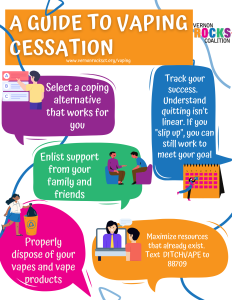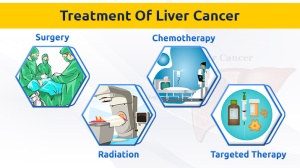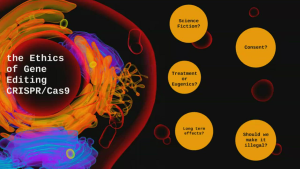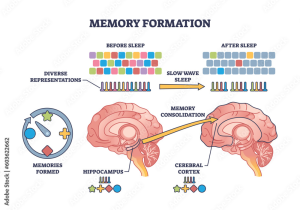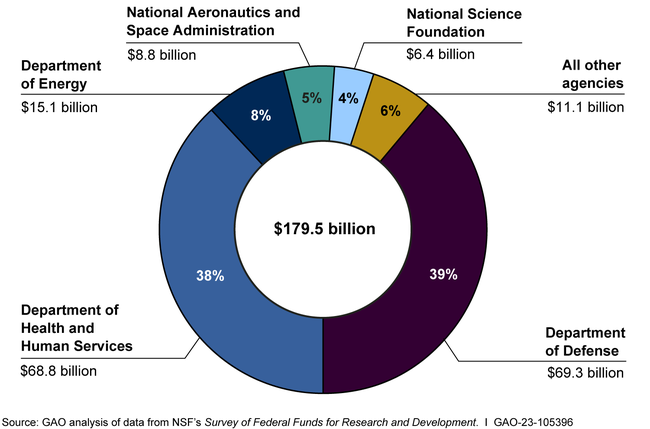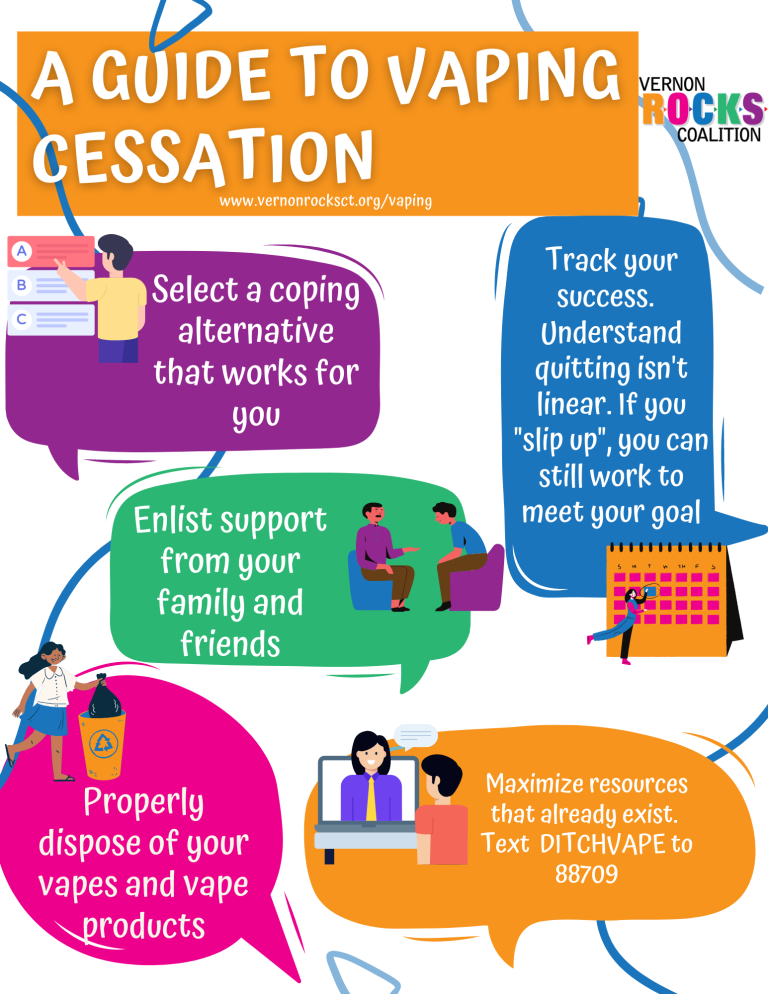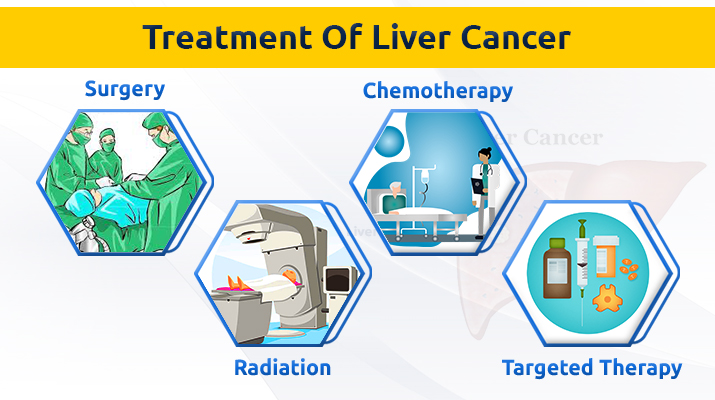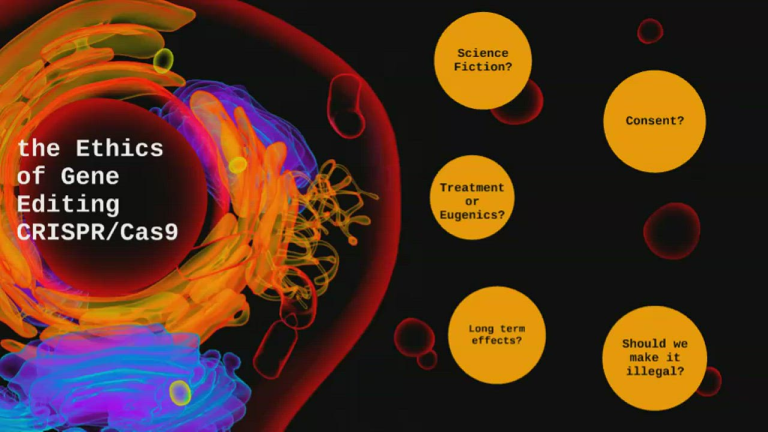Federal grant research plays a pivotal role in advancing public health initiatives, as it provides essential funding that empowers scientists to explore critical issues such as cancer risk strategies and nutrition’s impact on reproduction. For researchers like Karen Emmons and Jorge Chavarro, obtaining these grants not only validates their hard work but also opens the door to innovative studies that could change lives. Each application is an investment in the future of health, involving meticulous planning and collaboration with community partners. As researchers tackle complex problems with limited resources, the significance of federal funding cannot be overstated, enabling vital studies that directly address health disparities and enhance our understanding of diseases. In an ever-evolving landscape of research funding, such grants are not merely financial support; they represent hope and a commitment to improving public well-being.
The pursuit of governmental funding for research, often termed as outreach for public health scholarships, is crucial for scientists striving to tackle pressing health challenges. Engaging in studies that focus on mitigating cancer risks and exploring dietary influences on human reproductive health necessitates a pool of resources that these grants provide. For academics like Emmons and Chavarro, the application process reflects not just ambitious proposals, but a broader commitment to societal health improvements. Collaborations with communities and an in-depth understanding of existing research create a framework for innovative exploration, which is the foundation of successful grant proposals. Ultimately, such funding pathways symbolize a partnership between the scientific community and governmental bodies aimed at fostering advancements in public health.
Understanding Federal Grant Research
Federal grant research serves as a cornerstone for academic inquiry and scientific development across various fields, including public health and nutrition. Securing a federal grant can empower researchers to explore innovative ideas that address complex societal health issues, such as cancer risks and reproductive health. Notably, the process encourages scholars to submit well-structured applications that meet stringent funding criteria set forth by institutions like the National Institutes of Health (NIH). By aligning their projects with the public’s health needs, researchers not only enhance their chances of funding but also contribute to the greater good of society.
Researchers like Karen Emmons understand the profound impact that federal grants can have on their work. By receiving funding, they can pursue significant studies that aim to reduce health disparities and improve overall community health. Federal grants allow for the incorporation of collaborative efforts with community partners, ensuring that research addresses real-world challenges rather than mere theoretical concepts. Such grants represent a vital connection between the research community and the public, fostering advancements that could potentially transform healthcare outcomes.
The Path to Successful NIH Grant Applications
Navigating the NIH grant application process is both a challenging and essential endeavor for researchers striving to secure federal funding. As with any competitive procedure, it involves meticulous preparation, from crafting a concise one-page aims statement to compiling an extensive application that may exceed 100 pages. Researchers must effectively communicate their project’s significance and innovative aspects while providing a robust methodological framework. This rigorous preparation not only enhances the proposal’s clarity but also aligns it with the NIH’s objectives to fund high-quality, impactful research.
In addition to presenting an innovative research idea, grant applicants must provide detailed descriptions of previous studies, preliminary results, and ethical considerations related to their research. Researchers like Jorge Chavarro emphasize the importance of demonstrating a thorough understanding of previous work in their field. This comprehensive approach ensures the proposed project builds upon solid evidence, addressing knowledge gaps effectively. Ultimately, the process of successfully submitting an NIH grant application is about striking a delicate balance between creativity, scientific rigor, and pragmatic planning.
Strategies for Reducing Cancer Risk Through Research Funding
One of the primary goals of public health research is to identify strategies that effectively minimize cancer risks within diverse populations. With federal grant funding, researchers like Karen Emmons can implement targeted interventions in under-resourced communities where health disparities are most pronounced. By investigating the social and behavioral factors that contribute to cancer risk, researchers can develop tailored programs that promote healthier lifestyles and encourage preventive measures.
Moreover, securing research funding plays a crucial role in enabling comprehensive studies that evaluate the effectiveness of proposed cancer risk reduction strategies. Through rigorous data collection and analysis, researchers can gather valuable insights into how various interventions impact community health outcomes. Ultimately, these findings not only foster scientific knowledge but also help shape public health policies aimed at curbing cancer rates and improving access to care.
Nutrition and Reproductive Health Research
Research in the domain of nutrition and its effects on reproductive health has garnered significant attention in recent years. Scholars like Jorge Chavarro analyze the intricate relationships between dietary patterns, nutritional intake, and reproductive outcomes. This line of inquiry is essential, as understanding how nutrition influences reproduction can lead to the development of more effective public health strategies aimed at improving maternal and child health.
The pursuit of federal grant funding for research in this field is vital for fostering new insights and interventions. By utilizing evidence-based methodologies and collaborative efforts with community partners, researchers can explore innovative nutrition-related strategies that may enhance reproductive health outcomes. This research not only contributes to academic knowledge but also disseminates important information to stakeholders, empowering individuals and communities to make informed dietary choices.
Challenges in the Research Funding Landscape
Researchers face a multitude of challenges when navigating the landscape of research funding, particularly in the current environment characterized by budget constraints and institutional pressures. The recent freeze in federal grant allocations highlights the precarious nature of funding, underscoring the importance of adaptability and resilience among researchers. For many, the realization that only a fraction of proposals are funded—often less than 15% for competitive grants—can be disheartening yet motivating.
Despite these challenges, researchers remain committed to their missions, utilizing feedback from unsuccessful applications to refine their proposals. By continuously learning and adapting, researchers can address critiques and enhance their chances for future success. The enduring pursuit of federal grants embodies the dedication of academics who strive to contribute new knowledge and solutions to pressing public health issues.
The Role of Community Partnerships in Research
Building strong community partnerships is integral to the success of public health research and securing federal grant funding. Researchers often collaborate with local organizations, advocacy groups, and citizens to ensure that their studies are responsive to the needs and concerns of the communities they aim to serve. This collaborative approach not only strengthens the research design but also fosters a sense of ownership and participation among community members.
Partnerships enhance the potential for meaningful impact, as they facilitate the integration of diverse perspectives and expertise into research projects. By involving community stakeholders in the research process, scholars can better understand contextual factors that may influence health behaviors and access to care. These relationships are vital for developing practical, sustainable interventions that can improve health outcomes in real-world settings.
Funding Innovations in Public Health
The landscape of public health research funding is continually evolving, driven by emerging trends and technological advancements. As researchers encounter rising costs and increasing competition, they must explore innovative funding mechanisms to support their work. Strategies may include crowdfunding initiatives, public-private partnerships, and collaborations with philanthropic organizations aiming to bridge gaps in traditional funding models.
By being proactive and embracing new funding avenues, researchers can enhance their capacity to conduct vital studies that address pressing health challenges. Strategies that integrate multidisciplinary approaches and engage diverse stakeholders not only attract funding but can also lead to breakthroughs in understanding and addressing complex health issues. Ultimately, innovation in research funding is imperative for advancing public health initiatives.
Impact of Research on Health Policies
Research plays a crucial role in shaping health policies and practices at local, national, and global levels. The findings generated from rigorous studies, especially those supported by federal grants, provide evidence that policymakers rely on to justify new regulations and initiatives. For instance, studies exploring cancer risk reduction strategies can directly inform public health campaigns and preventive care guidelines.
Moreover, as researchers disseminate their findings through publications and public forums, they contribute to a broader dialogue on health policy. Engaging with policymakers and stakeholders, they advocate for evidence-based approaches to health challenges, ensuring that scientific insights translate into real-world applications. This cycle of research informing policy and community engagement ultimately leads to improved health outcomes across populations.
Future Directions in Public Health Research
As public health research trajectories evolve, future directions are impacted by ongoing challenges and innovations within funding, community engagement, and technological advancements. Researchers must remain agile, capable of adjusting their focus to address new and emerging health threats, such as pandemics or rising rates of chronic diseases. The ability to pivot and build on existing knowledge while incorporating current data is vital for producing timely and relevant research.
Furthermore, opportunities for interdisciplinary partnerships will continue to grow, combining insights from various fields—such as nutrition, behavioral sciences, and biomedicine—to tackle complex public health issues. This collaborative environment not only enhances the depth of research but also strengthens the case for funding, appealing to a broader audience of stakeholders who recognize the multifactorial nature of health challenges.
Frequently Asked Questions
What are the key steps involved in submitting a federal grant research application?
Submitting a federal grant research application involves several key steps: first, identify a significant research question and ensure it addresses gaps in the existing literature. Then, establish partnerships with community organizations or researchers. Next, gather preliminary data to strengthen your proposal, write a one-page specific aims statement detailing your project’s impact and methods. After that, prepare the full application, which typically includes extensive background research, methodology, and a detailed budget, justifying every expense. Finally, submit the proposal for review and be prepared to incorporate feedback if resubmission is necessary.
How does federal grant research impact public health initiatives?
Federal grant research plays a crucial role in advancing public health initiatives by funding studies that develop strategies to address pressing health issues, such as cancer risk and nutrition. Grants enable researchers to explore innovative methodologies and interventions aimed at improving health outcomes within communities, particularly in under-resourced areas. The results from these studies inform policies and programs that can lead to significant public health improvements and enhance community wellbeing.
What challenges do researchers face when applying for NIH grant applications?
Researchers face several challenges when applying for NIH grant applications, including intense competition for limited funding, which has a low success rate—such as the 14.6 percent for R01 grants at the National Cancer Institute in 2023. Additionally, applicants must thoroughly prepare their proposals, which may take months or years and require detailed methodologies, ethical considerations for human subjects, and justifications for budget items. The process can be lengthy, requiring patience and resilience.
Why is it essential to establish community partnerships in federal grant research?
Establishing community partnerships is essential in federal grant research as it fosters collaboration and ensures that the research aligns with the needs and priorities of the community being studied. Such partnerships can enhance the relevance of the research, improve recruitment and retention of research participants, and ultimately lead to more effective public health strategies. Researchers like Karen Emmons emphasize the significance of these relationships in developing impactful cancer risk reduction strategies.
What do reviewers look for in federal grant research applications?
Reviewers of federal grant research applications assess several key factors, including the innovation of the proposed study, its significance in addressing a public health issue, and the rigor of the research approach. Applications are reviewed by Scientific Review Groups comprised of experts who evaluate how well the proposal meets the scientific goals of the funding agency. A thorough literature review, preliminary results, and a well-justified budget are also critical components that can influence the outcome of the review.
How can researchers improve their chances of funding through federal grants?
Researchers can enhance their chances of securing funding through federal grants by focusing on several strategies: conducting thorough literature reviews to ensure their research is innovative, realistically budgeting and justifying all expenses, forming strong collaborations with community partners, and carefully adhering to submission guidelines. Additionally, responding to feedback from previous grant applications and demonstrating potential public health impact can significantly strengthen future proposals.
What role do federal grants play in advancing cancer risk strategies?
Federal grants are vital in advancing cancer risk strategies by providing the necessary funding for innovative research that explores preventative measures and effective interventions. Research funded through federal grants helps identify risk factors, develop educational programs, and test new screening methods, which can lead to significant decreases in cancer incidences. These grants enable researchers to address specific community needs and contribute to the broader goal of improving public health outcomes.
What is the significance of the NIH in federal grant research for health-related studies?
The National Institutes of Health (NIH) is a leading source of federal grant funding for health-related studies, supporting a wide range of research topics from cancer to nutrition. The NIH promotes scientific advancement by ensuring a rigorous and fair review process for grant applications. Its funding enables researchers to conduct essential studies that drive innovation in healthcare, improve public health, and develop new treatments and interventions for various diseases.
How do budget justifications affect the outcome of federal grant applications?
Budget justifications are critical components of federal grant applications, as they provide detailed explanations for each expense requested. Reviewers assess the budget to ensure that it aligns with the project’s objectives and the proposed research methodology. A well-justified budget can demonstrate the feasibility and necessity of the project, while vague or unsupported budget requests can raise concerns and negatively impact the likelihood of receiving funding.
What can unsuccessful applicants do after receiving feedback on their grant proposal?
Unsuccessful applicants should carefully review the feedback provided by grant reviewers to identify areas for improvement. They can revise their proposal to address the critiques, strengthen their research design, and enhance their project’s significance and innovation. Resubmission of the application, after incorporating this feedback, can increase the likelihood of success in future funding cycles.
| Key Point | Details |
|---|---|
| Importance of Federal Grants | Securing a federal grant is essential for public health researchers to conduct impactful studies. |
| Challenges Faced | The Trump administration’s freeze on $2.2 billion in research grants disrupted numerous studies at Harvard. |
| Grant Application Process | The process involves extensive preparation, including building community relationships, conducting preliminary research, and writing a detailed application. |
| Review Process | Applications go through rigorous evaluations by Scientific Review Groups and advisory councils to determine funding. |
| Success Rates | The success rate for common grants (R01) at the National Cancer Institute was 14.6% in 2023. |
| Public-Private Partnership | There’s a historical commitment from the government to support scientific research as a public good. |
Summary
Federal grant research is critical for advancing public health and scientific knowledge. Researchers like Karen Emmons and Jorge Chavarro emphasize the value of these grants in conducting meaningful studies that can lead to better health outcomes. However, recent funding freezes and the complex application process present significant challenges. Ensuring that researchers can secure federal funding is essential for progress in addressing pressing health issues.
